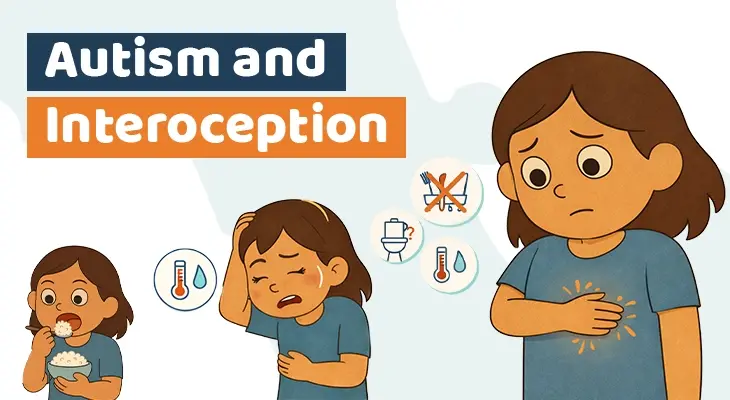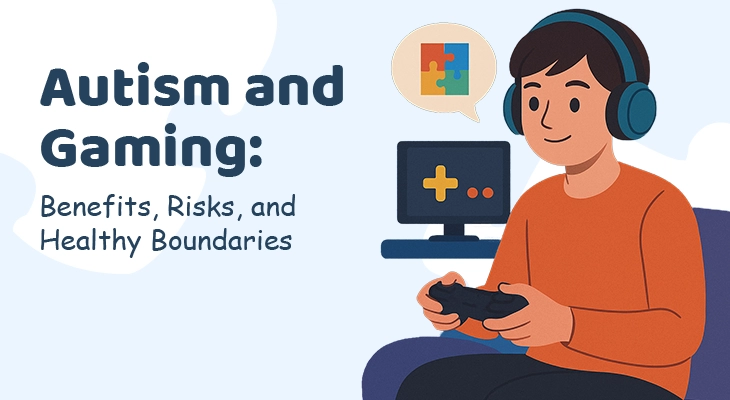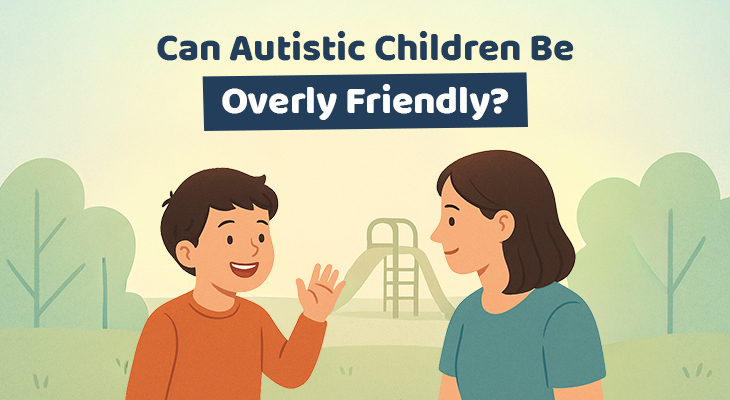If you’re seeking answers to common questions about autism, you’ve come to the right place. This blog post will delve into the world of autism, addressing frequently asked questions and providing insights into its various aspects.
Table of Contents
- What is Autism?
- What Are The Most Common Signs Of Autism In Young Children?
- Does Autism Run in Families?
- Can Autism Be Cured?
- Does Autism Get Worse With Age?
- Can You Develop Autism As An Adult?
- Can Adults Be Diagnosed With Autism?
- What Are The Signs Of Autism In Adults And Older Children?
- Is There A Link Between Parenting And The Development Of Autism?
- Is There Anything I Can Do To Prevent My Child From Having Autism?
- Do Boys & Girls Have Autism?
- Why Are Autistic Children Considered Mischievous?
- Are Asperger’s Syndrome And Autism The Same?
- Are ADHD and Autism The Same?
- Do Vaccines Cause Autism?
- Is There An Autism Epidemic?
- Is There A Relationship Between Mitochondrial Disease And Autism?
- Conclusion
- References
What is Autism?
Autism spectrum disorder (ASD) is a complex developmental condition that affects how people interact, communicate, learn, and behave. It’s a spectrum, meaning that it affects people in different ways and to varying degrees. For a deeper understanding, you can refer to our blog post A Comprehensive Introduction to Autism Spectrum Disorder
What Are The Most Common Signs Of Autism In Young Children?
It’s important to note that every individual with autism is unique, and symptoms can vary widely. Some common signs of autism can include:
- Delayed language skills: Difficulty speaking, understanding language, or using gestures.
- Limited social interaction: Avoiding eye contact, preferring solitary play, or having difficulty understanding social cues.
- Repetitive behaviors: Engaging in repetitive motions, fixations on objects, or adherence to rigid routines.
- Sensory sensitivities: Unusual reactions to sounds, touch, tastes, smells, or light.
For a deep dive read on this subject, we recommend our blog How do I know my child may be on the Autism Spectrum?
Does Autism Run in Families?
Yes, autism often runs in families. Research suggests that genetic factors play a significant role in the development of autism spectrum disorder. However, it’s important to note that while genetics can increase the risk, it’s not the sole determining factor.
Can Autism Be Cured?
Currently, there’s no cure for autism spectrum disorder (ASD). However, with early intervention and appropriate support, individuals with autism can develop essential skills and strategies that significantly improve their quality of life.
If you’d like to delve deeper into this topic, you can read our blog post on Can Autism Go Away? This post explores the myth of “outgrowing” autism and discusses approaches for managing symptoms and fostering development.
Does Autism Get Worse With Age?
No, autism doesn’t get worse with age. In fact, with early intervention and appropriate support, many individuals with autism can lead fulfilling lives. As individuals with autism grow older, their core traits of autism typically remain consistent. However, with the right support and therapies, their skills can improve, and they can learn to manage challenges more effectively. Applied Behavior Analysis (ABA) therapy, for example, is one of the many widely used evidence-based treatments that can significantly improve the quality of life for individuals with autism. By addressing core deficits in communication, social skills, and behavior, ABA therapy can help individuals with autism reach their full potential. For more information on ABA therapy, please refer to our blog post Understanding ABA Therapy: A Key to Unlocking Potential in Children with Autism
Can You Develop Autism As An Adult?
No, autism cannot develop later in life. It’s a neurodevelopmental disorder that typically presents in early childhood. However, it’s possible for autism to be diagnosed later in life, especially in individuals who are high-functioning or who have learned to mask their symptoms.
To learn more about high-functioning autism and how it can present in individuals of all ages, check out our detailed blog post High-Functioning Autism in Children : A Comprehensive Guide
Can Adults Be Diagnosed With Autism?
Yes, adults can be diagnosed with autism. While autism is typically diagnosed in childhood, it can sometimes go undiagnosed until adulthood. This can happen for various reasons, including late onset of symptoms, masking behaviors, or a lack of awareness about autism.
If you’re an adult and suspect you might have autism, it’s important to consult with a mental health professional for an accurate diagnosis. Early diagnosis can help you access appropriate support and interventions to improve your quality of life.
To learn more about missed autism diagnoses, you can refer to our blog post on What is a missed autism diagnosis
What Are The Signs Of Autism In Adults And Older Children?
While autism is often diagnosed in early childhood, it can sometimes go undiagnosed until later in life. Signs of autism in adults and older children can be more subtle than in younger children. Some common signs include:
- Social challenges: Difficulty understanding social cues, maintaining eye contact, and engaging in back-and-forth conversations.
- Communication challenges: Difficulty expressing thoughts and feelings, or using language in a non-literal way.
- Repetitive behaviors: Engaging in repetitive routines, rituals, or interests.
- Sensory sensitivities: Being overly sensitive or under-sensitive to sensory input, such as sounds, textures, or light.
- Difficulty with executive functioning: Struggling with planning, organization, and time management.
- Mental health challenges: Higher rates of anxiety, depression, and other mental health conditions.
Is There A Link Between Parenting And The Development Of Autism?
No, parenting style does not cause autism. Autism is a complex neurodevelopmental disorder with biological origins. It’s important to dispel this myth and understand that parents are not responsible for their child’s autism diagnosis.
If you are a parent, you might be interested in reading about other parent’s experiences. Please read our blog What has Autism taught me as a parent?
Is There Anything I Can Do To Prevent My Child From Having Autism?
Unfortunately, there is no guaranteed way to prevent autism. While researchers are still exploring the causes of autism, it’s widely believed to be influenced by a combination of many factors such as genetic and environmental factors.
If you have concerns about your child’s development, early intervention can make a significant difference. Starting interventions as soon as possible can significantly improve outcomes and help children reach their full potential because of brain plasticity. The human brain is most malleable during early childhood, making it an ideal time for interventions to address developmental challenges.
The FRAT® Test: A Potential Tool For Early Identification in Autism
The FRAT® test, which measures folate receptor autoantibodies (FRAs), can be a valuable tool in the early identification of autism spectrum disorder (ASD). While not a definitive diagnostic test, it can provide valuable insights into potential underlying medical conditions that may contribute to autism symptoms.
Here’s how the FRAT® test can help:
- Identifying cerebral folate deficiency (CFD): The FRAT® test can identify CFD, a condition that can affect brain development and contribute to autism symptoms.
- Addressing underlying medical conditions: Early diagnosis of CFD allows for timely treatment (For example, supplementation of – folate through Folinic Acid), which can potentially improve outcomes and reduce the severity of autism symptoms.
- Complementary to behavioral assessments: The FRAT® test can be used in conjunction with behavioral assessments to provide a more comprehensive understanding of a child’s development and challenges.
Do Boys & Girls Have Autism?
Yes, both boys and girls can have autism. While autism is more commonly diagnosed in boys, it can affect individuals of any gender. However, it’s important to note that autism can present differently in girls, often leading to underdiagnosis. This is due to differences in how autism manifests in boys and girls, as well as potential biases in diagnostic criteria. For more information on the differences in how autism presents in boys and girls, you may find our blog Understanding Autism in Girls vs Boys helpful.
Why Are Autistic Children Considered Mischievous?
The misconception that autistic children are “naughty” often stems from a lack of understanding of the condition. Autistic individuals may behave differently due to challenges in communication, social interaction, and sensory processing. What might seem like “naughty” behavior is often a manifestation of underlying difficulties.
It’s important to remember that autistic individuals are not intentionally misbehaving. Instead, their behaviors may be a result of unmet needs, sensory sensitivities, or difficulties in understanding social cues. By understanding the root causes of these behaviors, we can provide appropriate support and interventions to help individuals with autism thrive.
Are Asperger’s Syndrome And Autism The Same?
No, Asperger’s Syndrome is no longer a separate diagnosis. It’s now considered a part of the autism spectrum disorder (ASD). In the past, Asperger’s Syndrome was used to describe individuals with autism who had relatively strong language and cognitive skills but significant social difficulties.
The current diagnostic criteria for autism includes a wider range of symptoms and severity levels, encompassing both milder and more severe forms of the condition. If you’d like to delve deeper into the historical context and distinctions between Asperger’s Syndrome and ASD, we recommend checking out our blog post on Asperger’s Syndrome vs Autism: Differences, Diagnosis & History
For a visual representation of the shared history between Asperger’s Syndrome and Autism, check out our infographic.
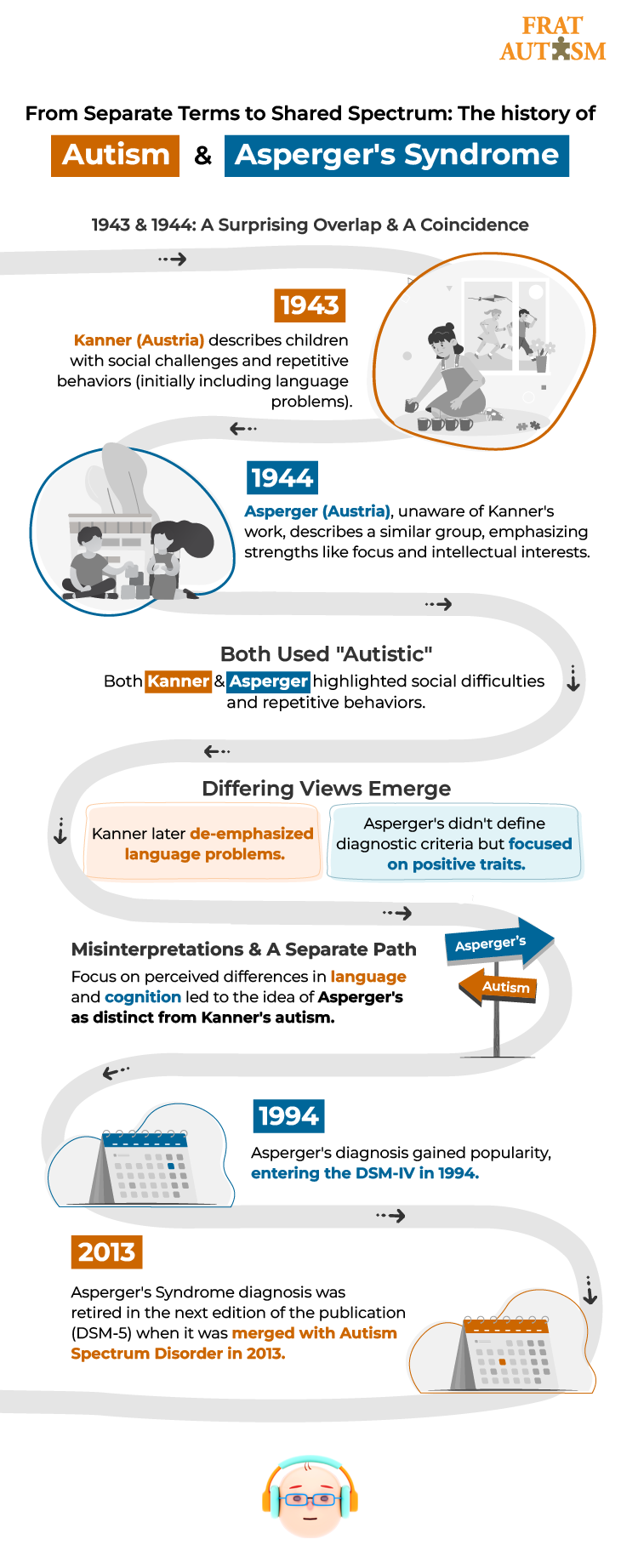
Download Download & share this infograph card in your network [Free Download]
Are ADHD and Autism The Same?
No, ADHD and autism are not the same conditions, although they can sometimes co-occur in the same individual. Both are neurodevelopmental disorders, but they affect different aspects of a person’s life.
While these conditions are distinct, they can sometimes co-occur in the same person. This can make diagnosis and treatment more complex. However, both conditions are manageable with appropriate interventions.
For a deeper understanding of the differences and potential overlap between ADHD and autism, explore our in-depth blog post Frequently Asked Questions on ADHD & Autism Overlap, Differences. This comprehensive resource delves into the key distinctions, potential reasons for co-occurrence, and strategies for managing both conditions.
For a visual representation of the similarities and differences between ADHD and Autism, check out our infographic.

Download Download & share this infograph card in your network [Free Download]
Do Vaccines Cause Autism?
No, vaccines do not cause autism. This is a common misconception that has been repeatedly debunked by numerous scientific studies. The link between vaccines and autism was based on a now-retracted and discredited study.
Vaccines are safe and effective, and they play a crucial role in protecting children from serious diseases. It’s important to follow recommended vaccination schedules to ensure your child’s health and well-being.
Is There An Autism Epidemic?
No, there is no autism epidemic. While the number of autism diagnoses has increased over the years, this is primarily due to increased awareness, improved diagnostic criteria, and better diagnostic tools.
It’s important to remember that autism has always existed. However, it was often misunderstood or misdiagnosed in the past. With greater awareness and research, we’re better equipped to recognize and diagnose autism, leading to increased diagnoses.
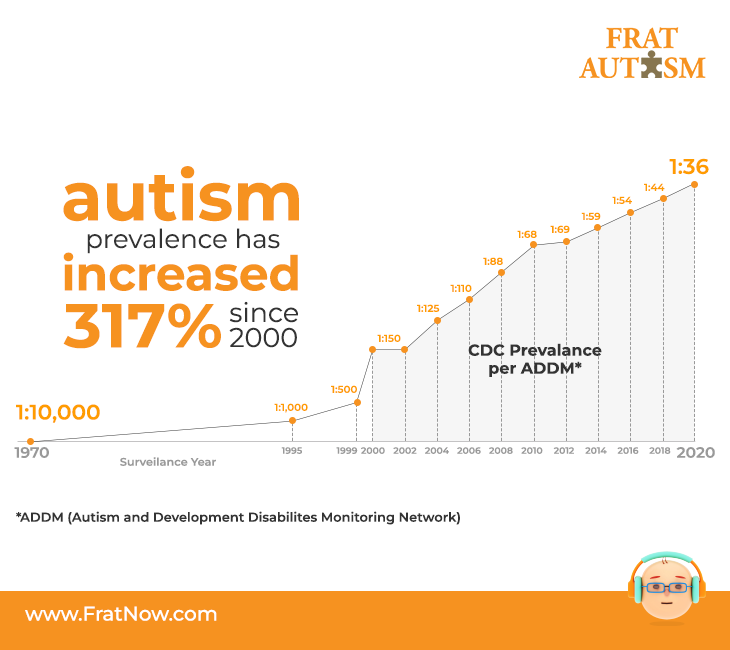
Download Download & share this infograph card in your network [Free Download]
Is There A Relationship Between Mitochondrial Disease And Autism?
As per CDC, while there’s a potential link between mitochondrial disease and autism, research suggests it’s not a common occurrence. A child with a mitochondrial disorder might exhibit autism-like symptoms, or vice versa. However, it’s important to note that this is not always the case. More research is needed to fully understand this connection.
Conclusion
We hope this blog post has answered your questions about autism. If you have further questions or concerns, please consult with a healthcare professional.
For more in-depth information and resources on autism, explore our website.
We have a wealth of information on various topics related to autism, including diagnosis, treatment, and support.
Remember! The FRAT® Test offers a promising tool in the early identification process. While it’s not a definitive diagnostic test, it can provide valuable insights for further investigation and potential treatment options.
If you have concerns about your child’s development, talk to your doctor. Don’t wait for a formal diagnosis to start seeking support. Early action can make a world of difference.
References
- Very Well Health, Why Autistic Children Deserve Rules and Discipline
- National Institute on Deafness and Other Communication Disorders, Autism Spectrum Disorder: Communication Problems in Children
- Golden Care Therapy, Autism Stubborn Behavior: What You Need to Know
- National Library of Medicine, Vaccination as a cause of autism—myths and controversies
- Drake Institute, Why Are Autism Rates Increasing?
- CDC, Frequently Asked Questions about Autism Spectrum Disorder



